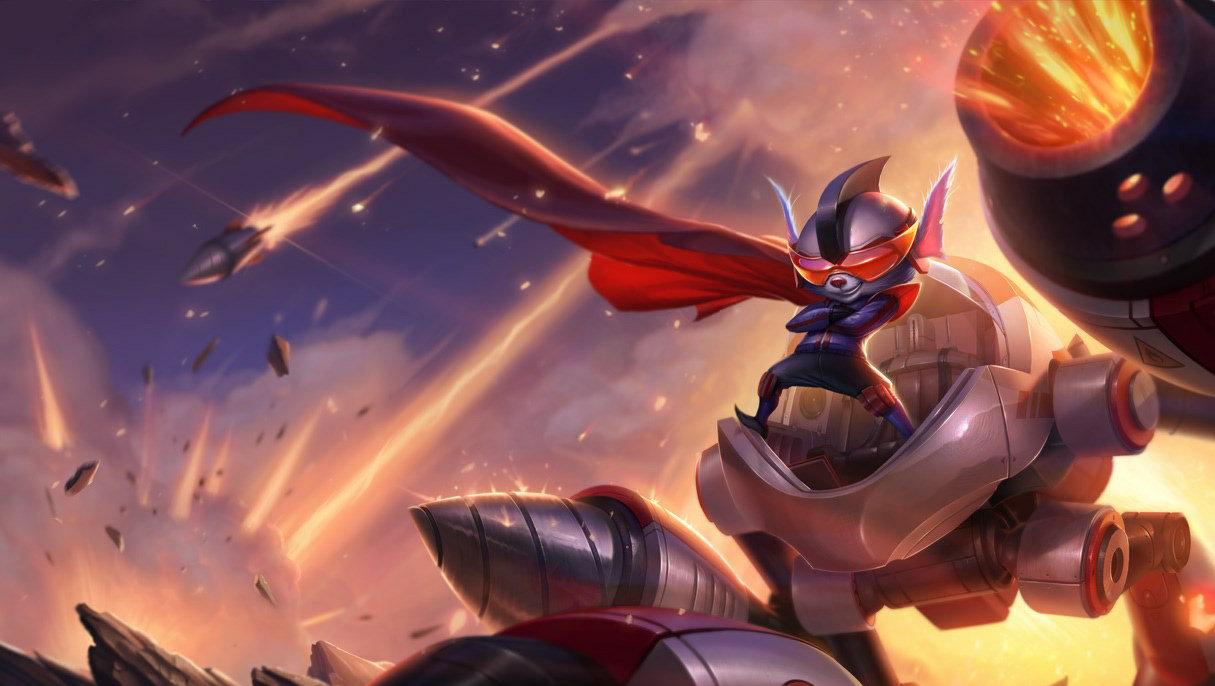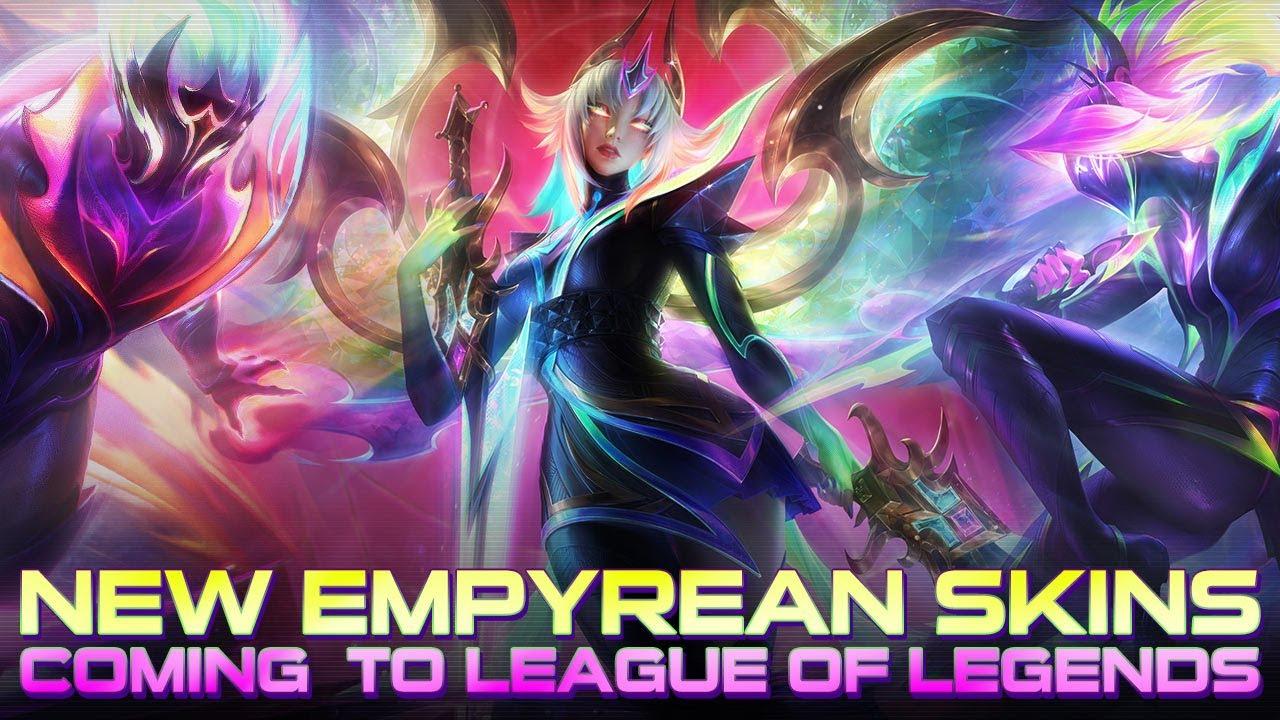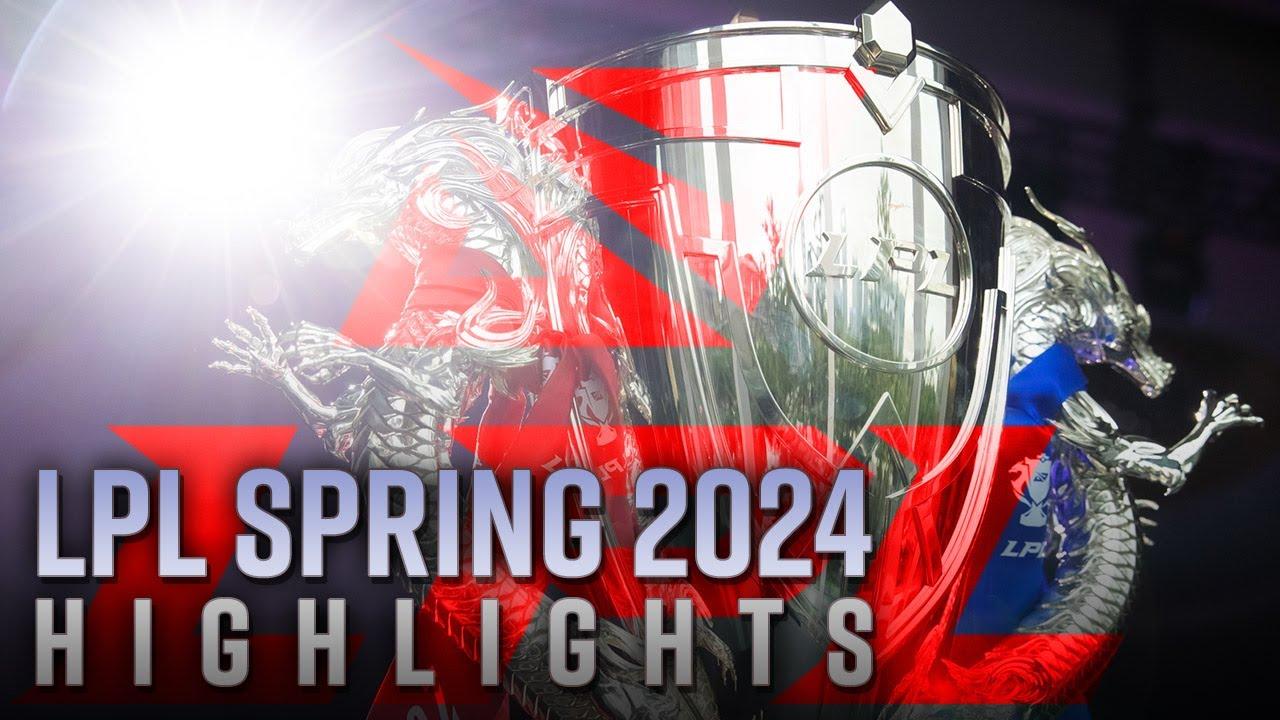
Riot Games plans on big penalties for AFK players in solo queue
Riot Games is planning on giving harsher punishment to AFK players, the developer revealed in a recent update on fighting against game-ruining behavior.
Back in May, Riot shared its plan to stop the game-ruining behavior in solo queue. After a month of research and the deploying of some small fixes to solo queue, Riot is starting to reconsider its penalty system.
“Our penalties for AFKing rely too much on queue penalties (like when a player dodges in champ select). We should be using other more significant penalties more often,” design director at Riot Games Andrei “Meddler” Van Roon wrote.
Riot ran a post-game survey and out of all game-ruining behaviors, going AFK and intentional feeding are the most commonly frustrating for players. AFKing in game is so common that Riot is focusing on its detection algorithm to better punish the players who do it appropriately. One of the possible punishments is temporary bans from the game.
Riot looks to fix toxic behavior in League of Legends solo queue
Fixing solo queue requires more than just punishments. Right now, Riot takes into consideration the behavior in a single game and doesn’t consider the history of offending players. It leads to players abusing the system, since they know how far can they go before facing any consequence.
An improved detection algorithm should be capable of detecting when a player disconnects or starts feeding intentionally. Discovering these patterns is the key to punishing players that are wreaking havoc in solo queue.
The next step is the implementation of a report button in the champion select screen. This button should be used when a player holds hostage a role, locks in a troll pick, or threatens to feed. Riot plans to implement it with patch 10.14 scheduled on July 8, though if it isn’t ready by that date, it’ll be delayed to patch 10.15 on July 22.
Recommended

All the methods and secrets for quickly increasing your rank in Call of Duty Warzone 2
CoD Warzone is one of the most dynamic projects in the battle royale genre, which allows players to...

Mr Beast vs T-Series war is real, latest X interaction proves
Mr Beast has accused T-Series of hiding his comment.

How many Five Nights at Freddy’s games are there?
Five Nights at Freddy’s has continued to be a popular video game franchise thanks to its creepy...





